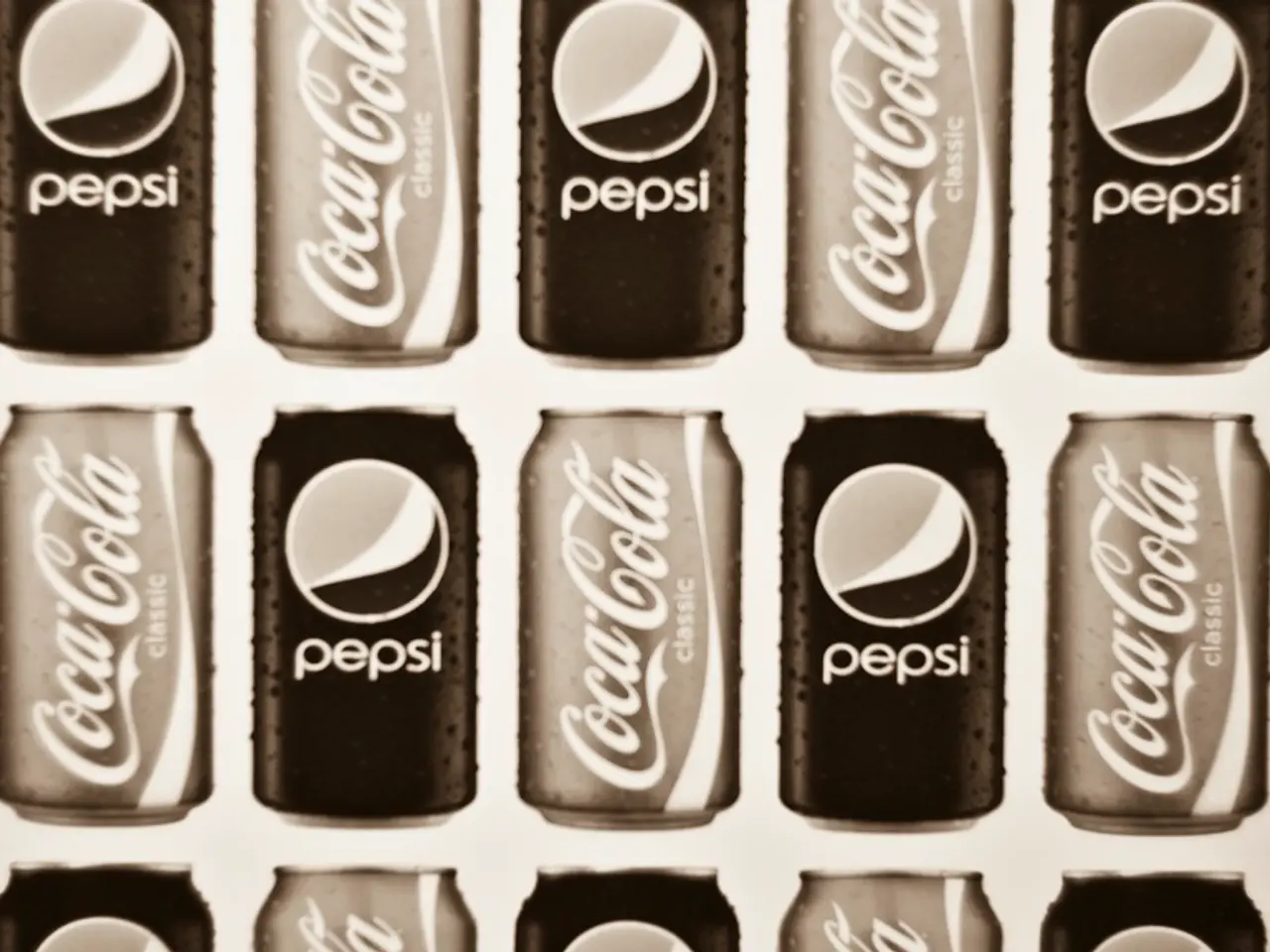Coca-Cola invests in products labeled as "Made in Germany"
In the face of growing boycott movements against U.S. brands, Coca-Cola has taken a strategic approach to mitigate rejection by emphasizing its local roots in Germany. The soft drink giant, which has been part of the German economy for nearly a century, is currently advertising with the slogan "Made in Germany."
This trend is not unique to Coca-Cola. Other brands like Burger King and McDonald's in Germany are also focusing on their regionality. The "BuyFromEU" community, with over 230,000 members on Reddit, recommends European alternatives to U.S. products.
The boycott movements against Coca-Cola are not limited to Germany. Consumers in countries like Denmark and Canada are avoiding U.S. products in protest against President Donald Trump's policies. Countries like China and Russia have also called for boycotts against U.S. brands in recent years, causing companies to distance themselves from potential boycotts by emphasizing their regional roots.
Arnd Zschiesche, a brand expert, believes that such "embrace campaigns" are intended to counter rejection. He suggests that these campaigns are a reaction to the trend of boycotting U.S. brands.
Interestingly, Coca-Cola's current advertising strategy does not mention its U.S. origins. This is also the case for other brands that are experiencing increased demand, such as Afri-Cola and Fritz-Kola. Consumers are increasingly consciously distancing themselves from U.S. products, according to these brands.
The potential for boycotts against Coca-Cola could develop into larger campaigns, causing concern among companies. Der Spiegel reports that Coca-Cola is currently under international pressure. However, Coca-Cola itself does not want to link its advertising campaign to possible boycotts.
In Indonesia, consumers have boycotted Coca-Cola due to the Gaza conflict, leading to a noticeable drop in sales. This incident highlights the potential impact of boycott movements on companies.
As the world becomes more interconnected, the implications of boycott movements against U.S. brands are becoming increasingly significant. Companies are responding by emphasizing their local roots to appeal to consumers who are increasingly conscious of where their products come from. This trend is likely to continue as consumers continue to demand transparency and authenticity from the brands they support.







